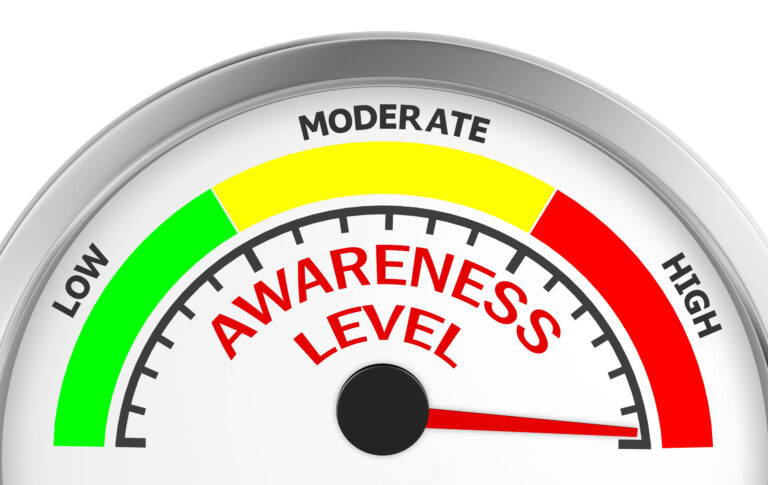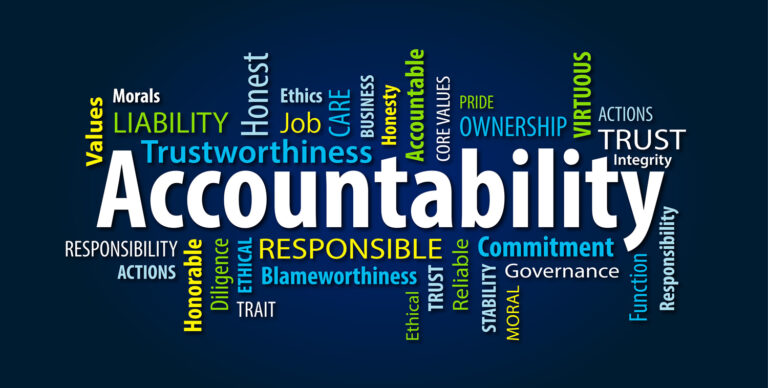Self-Leadership-Part 3
We now know how to audit our time, to assess our self-leadership, but we can help even further explain how to become more effective and efficient leaders of ourselves.
The first thing we need to do is be empowered to make our own strategy. This comes with a few requirements.
First is the confidence to know that the rules are changing, which means the limits that we had on our previous strategies: real or fake, internal or external, all of them have to be re-assessed with fresh eyes. Like everything in life, it’s easier to ask for forgiveness than it is permission, so removing limits that you think might be imagined can always be quickly corrected and brought back into the calculation if you’re proven wrong. If you’re right though, and it wasn’t a real limit, you just greatly expanded the possibilities moving forward!
Next is the courage to know in your heart that you will likely have failures along the way. For every successful business, more than a dozen attempts will fail. For every single three-pointer that Michael Jordan made, he also missed one…and he’s Michael Jordan! Failure is not only possible, it’s likely. This doesn’t mean you shouldn’t work to minimize the cost of failure, or avoid obvious roadblocks, but you should accept that if you drive down enough highway, there’s going to be a few pot holes.
An odd part of life is that if you’ve never experienced failure, then you’re not taking big enough risks. If you spend life focused on never being lower than first place, you’re never going to be fighting above your weight class, always focused on being the big fish in the little pond – which for most people ambitious enough to read a book like this is a tragedy in itself!
It’s not always just “go bigger” in life. Personally, one of the things I’ve focused on improving in life is the soft skills side of business. I’ve never had trouble with hard work, or learning difficult concepts, but I knew that a part of what was holding my career back was my soft-skills needed to be improved.
The fear of failure I was facing wasn’t about talking to CEO’s about what the problems were, or not understanding difficult situations, but failing to see how the little things, like being personable and sociable, can make it easier to achieve bigger and better goals.
When you’re not only the guy who knows the most about a topic in the room, but the guy every likes and wants to see succeed just based off your personality, the fact that you know more means you’re going to get 100 times more accomplished than someone who snubs the receptionist and is sarcastic in meetings.
This is one of the areas where mentorship can really accelerate your success. In a work environment, after a few years, you can very slowly get into bad habits. Sometimes so slowly that you don’t notice them.
Imagine one day you ran late and skipped brushing your teeth. Then you stopped brushing your teeth every day, instead just every other day. Then after a month, every third day, and soon it’s once a week. Now you start talking to a stranger for the first time and they shout “OOH-WEE! Your breath stinks!”
This is the advantage that mentorship can bring into life. Because they’re not constantly seeing you every day, but maybe once a month, maybe once a year, they’re going to be able to look at you and tell you, if you want to get to the North Pole, what the heck are you doing going southwest?!
Mentors are the equivalent of having a port you can put your sailboat in, and they can tell you that your maps are all outdated, and your compass is crooked. The best part is they can save you years of work, without you even knowing you’re investing in all of the wrong areas.
Even if you haven’t found a mentor, there’s likely other people in your life who can serve the same purpose. It might be a spouse, a friend from your past, previous colleagues, anyone who has the chance to see you over a long term period of time, and can have an external view.
Another part of self-leadership is knowing that somethings just have limits, even if they’re critical for your success. You need to focus on keeping a steady ship moving, not just moving as fast as possible.
To do this, you need to find out what the limits are by talking to the people in your life who you affect.
For example, if you’re trying to grow your new business, and are putting every single dollar you make into it – which is very common for entrepreneurs to do for years, sometimes – there’s other people who need to be consulted.
Just because you’re comfortable living on ramen and beans for the three years you think it will take to get your business where it needs to be, doesn’t mean that your spouse is comfortable there.
This is where you need to find out what the limits to how hard and how fast you can push certain variables. You might want to be the next Elon Musk, but if spending time with your children while they’re young is something you value, you need to make that a conscious choice.
Remembering back to the time audit we did earlier, if your goals include spending time with your kids, it’s not time wasted as long as it doesn’t derail your other responsibilities.
That being said, you can’t use the fact that you love your children as an excuse to prevent you from going after your dreams. You have to make the tough call that sometime you might need to sacrifice one for the other, but make it consciously.
With everything in life, it takes a balance, but finding out what that balance will look like is one of the core components of self-leadership. Having a conversation with yourself and the people you affect about really what the goals you have will be the guiding light that lights the way for self-leadership.
The good news is that since you’ve bought this book and read this far, you’ve already started taking real action towards that goal.



